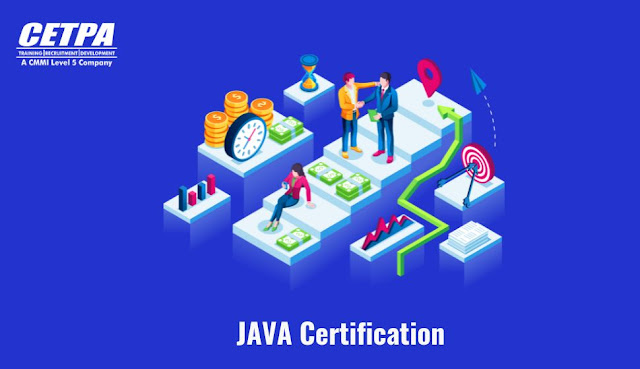Unleashing the Future: Full Stack Developer Course Demystified
In the digital era, where technology is
evolving at an unprecedented rate, the demand for skilled full stack developers
is soaring higher than ever before. These versatile professionals possess the
expertise to work on both the front-end and back-end of web applications,
making them valuable in the world of software development. If you too are
considering a career in technology, diving into the following full
stack developer course guide may be your next step to unlocking a
world of lucrative opportunities.
Understanding Full Stack Development
At its base, full stack development
involves proficiency in both front-end and back-end technologies. Front-end
development encompasses building the user interface and experience, utilizing
languages such as HTML, CSS, and JavaScript. One the contrary, back-end
development encompasses server-side scripting, database management, and
handling application logic, often with languages like Node.js, Python, or Ruby
on Rails.
What Does a Full Stack Developer Course Offer?
A comprehensive full stack developer course
offers a structured curriculum covering a wide range of technologies and
tools. From mastering front-end frameworks such as React or Angular to diving
into server-side scripting with Node.js or Django, these courses provide a
holistic strategy for software development.
Navigating The Key Components of Full Stack
Developer Course
The key components of full
stack developer training are listed below for further reference:
● HTML, CSS, and
JavaScript Basics: Understanding the
building blocks of web development is essential for any aspiring full stack
developer.
● Front-End
Frameworks: Learning renowned
frameworks such as React, Vue.js, or Angular speeds up the development process
and improves the user experience.
● Back-End
Technologies: Proficiency in
server-side scripting languages like Node.js, Python, or Java allows developers
to craft robust and scalable applications.
● Databases and
Data Management: Exploring
database systems such as MySQL, MongoDB, or PostgreSQL empowers developers with
the skills to manage data efficiently.
● Version Control
Systems: Git proficiency
is necessary for collaborative development and code management.
● Deployment and
DevOps: Understanding deployment processes,
containerization, and CI/CD pipelines guarantees smooth application delivery.
Why Choose a Full Stack Developer Course?
The various compelling reasons why you
must choose a full stack developer course are as follows:
● Versatility: Full stack developers can work on all factors of
a project, from concept to deployment, making them valuable resources for any
tech team.
● High Demand: Organizations across industries are actively
seeking skilled full stack developers to drive innovation and maintain digital
presence.
● Career Growth: With the rapid evolution of technology, full
stack developers have abundant opportunities for career advancement and
specialization.
● Entrepreneurial
Prospects: Equipped with
diverse skill sets, full stack developers can embark on entrepreneurial
ventures, from building startups to freelancing.
Wrapping Up!
To summarize, pursuing a Full Stack
Developer course is about more than just learning to code; it is about
embracing the future of technology. Aspiring developers can realize their full
potential and become digital architects by mastering a variety of technologies
and developing problem-solving abilities. So, if you're ready to set off on a
thrilling adventure into the world of full stack development, make good use of
the opportunity and unleash the future today!
Ref link: https://shorturl.at/nqyJ9




Comments
Post a Comment